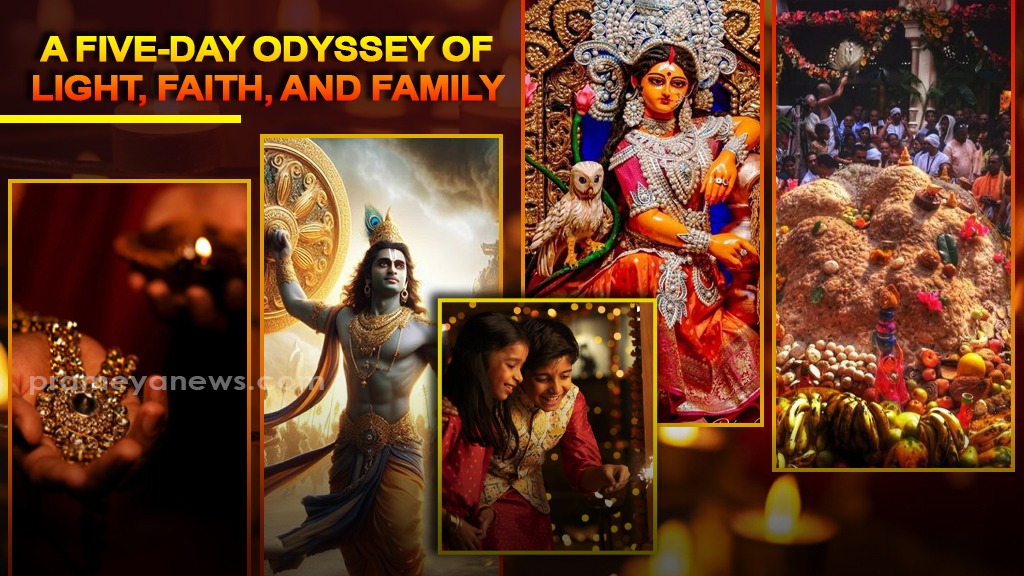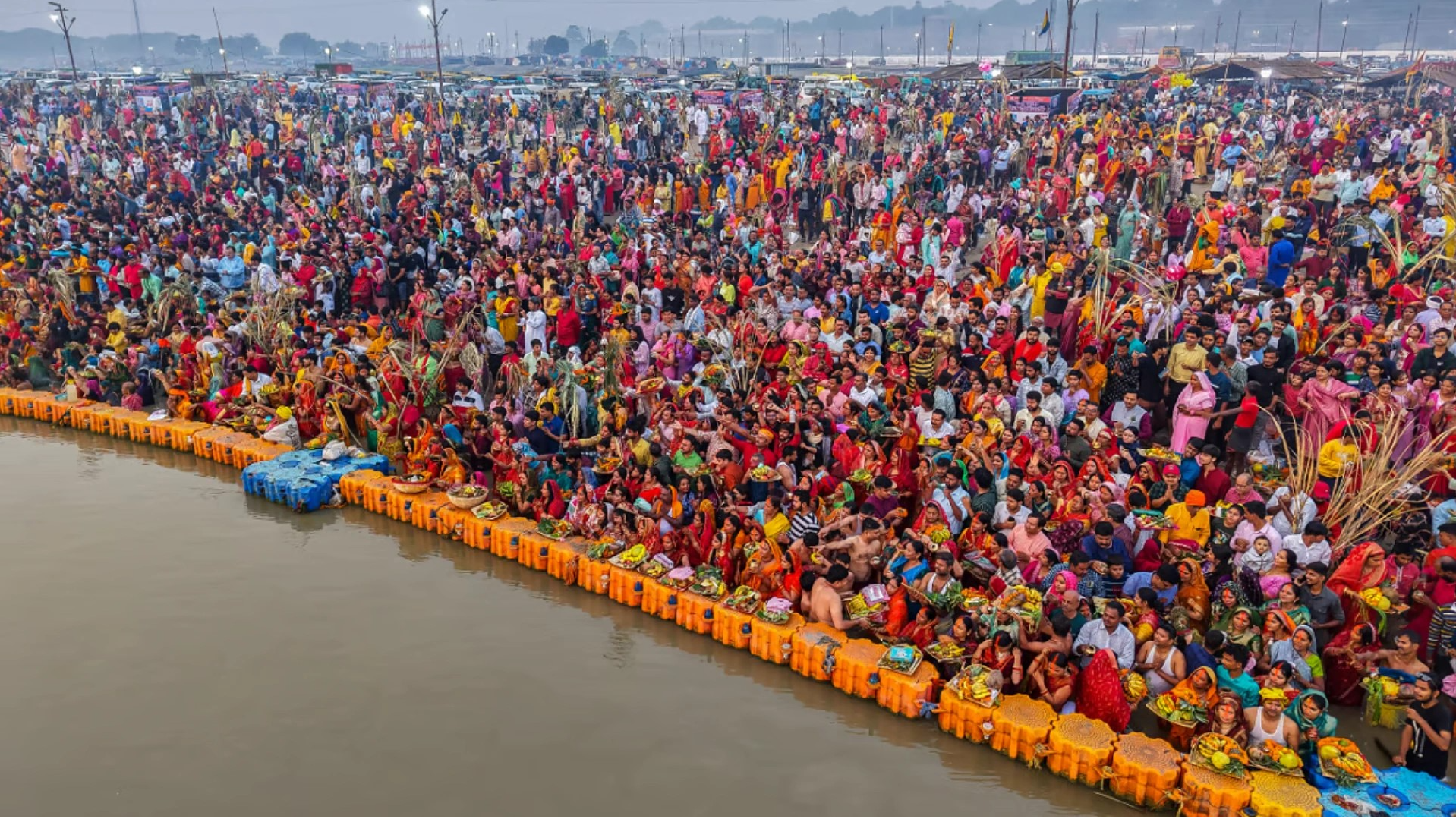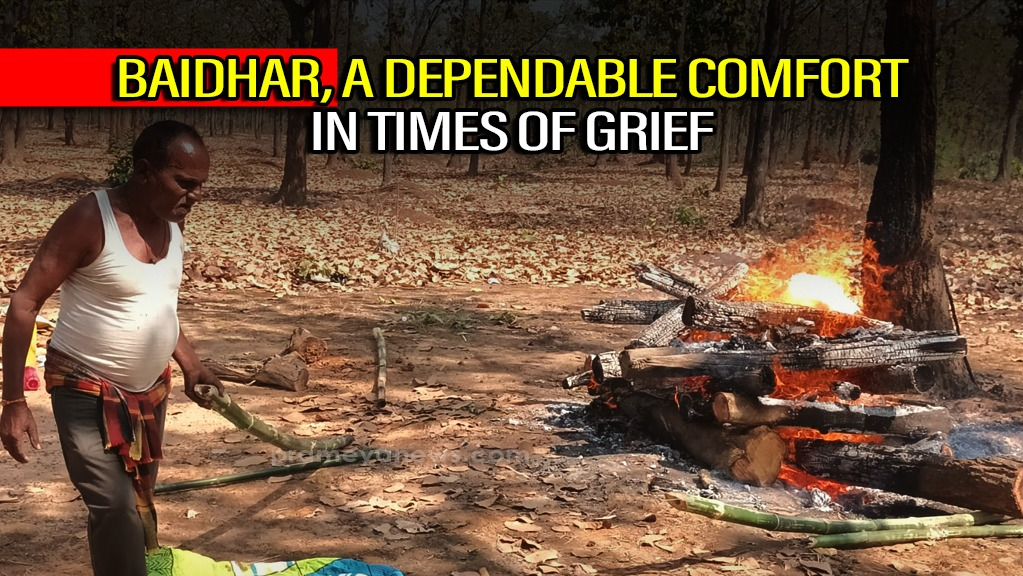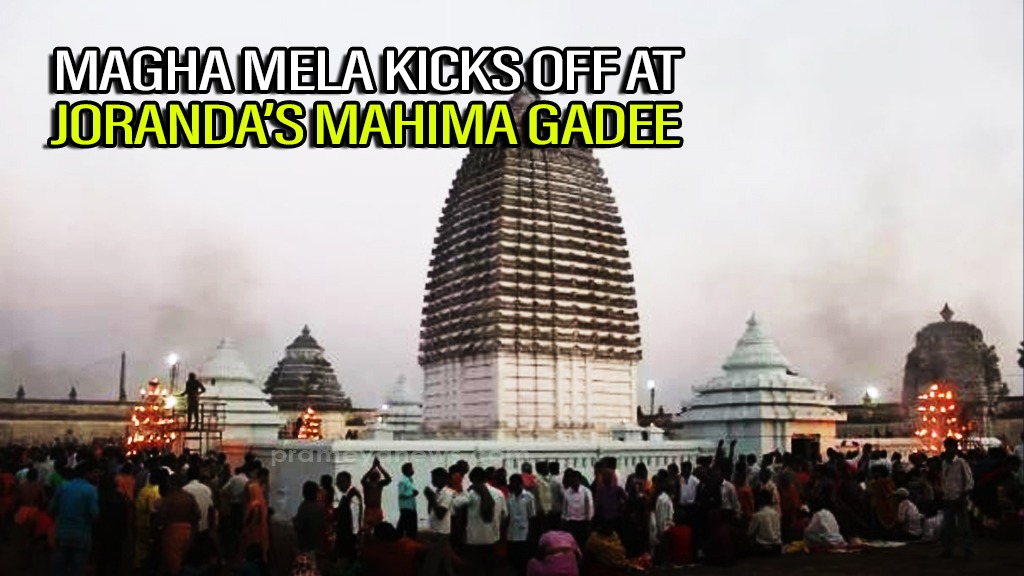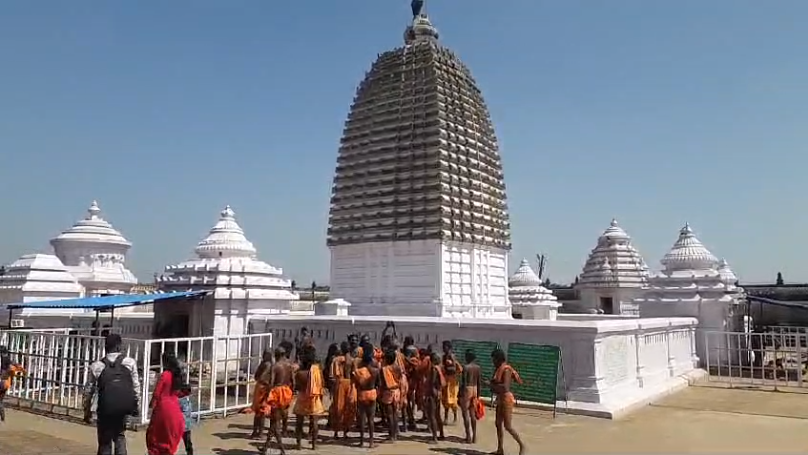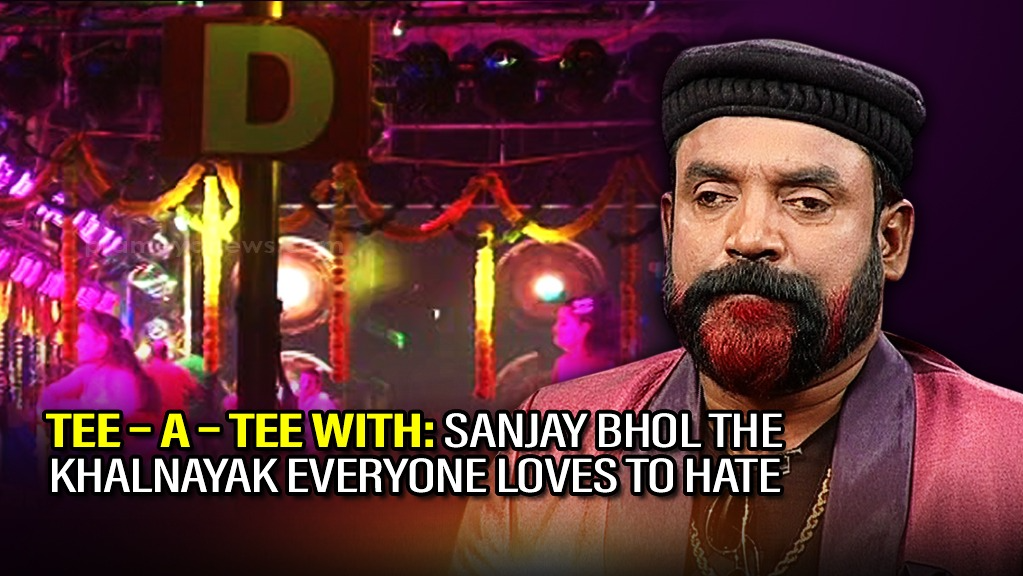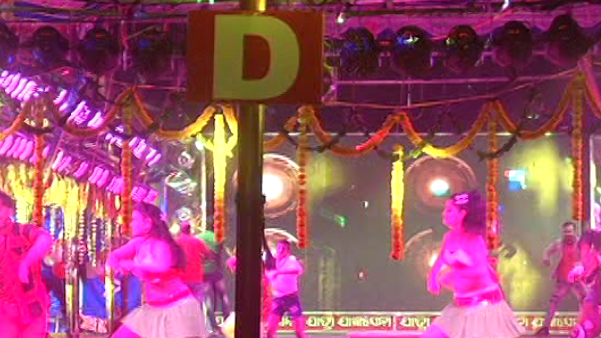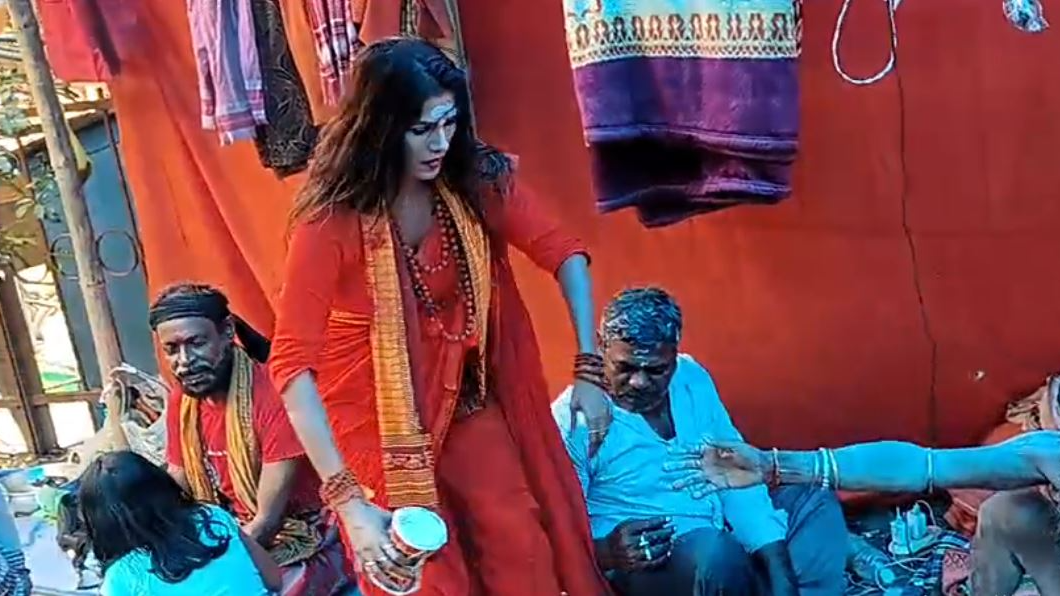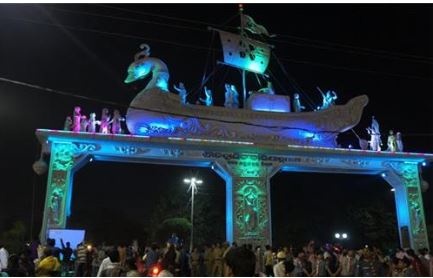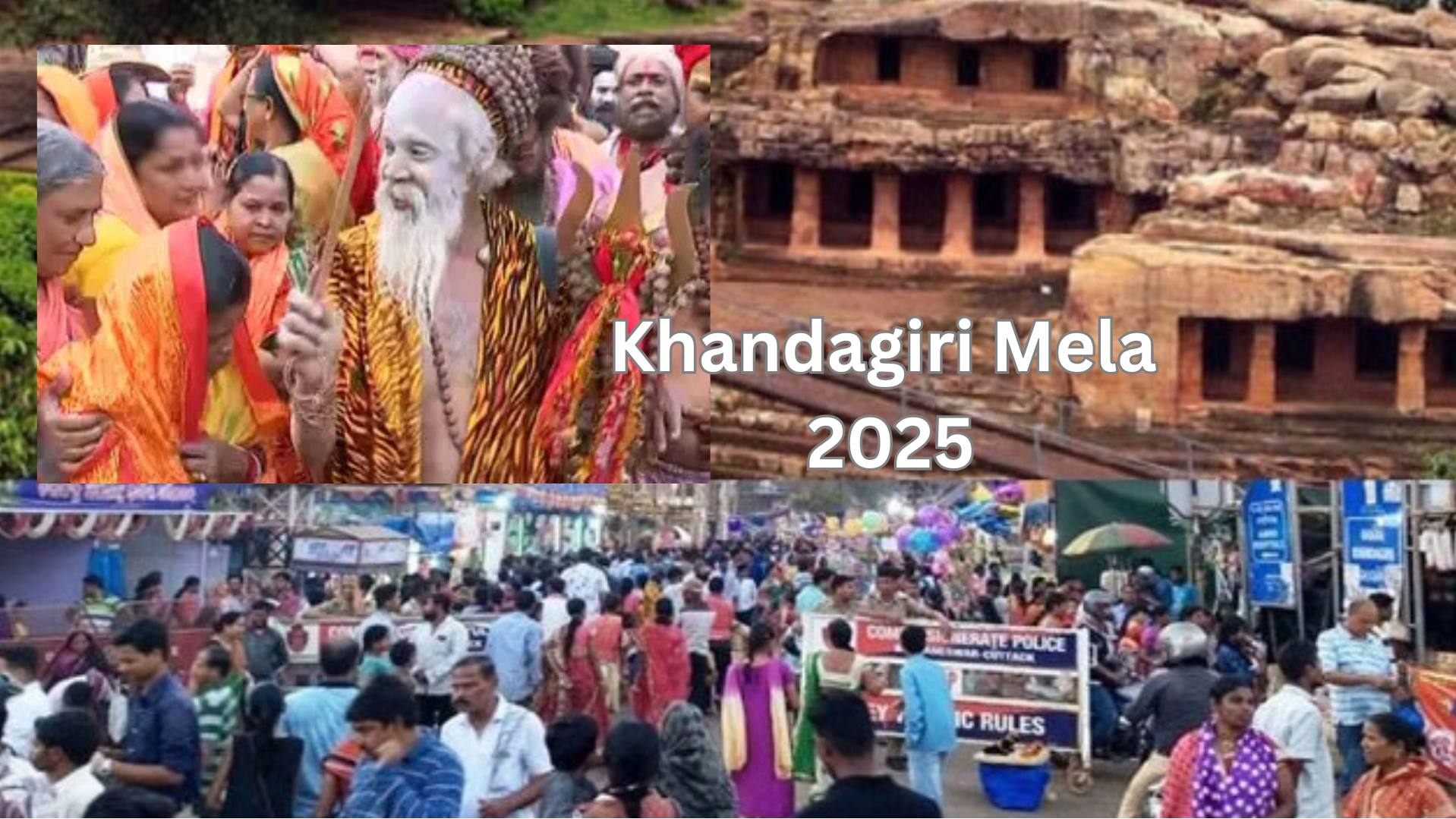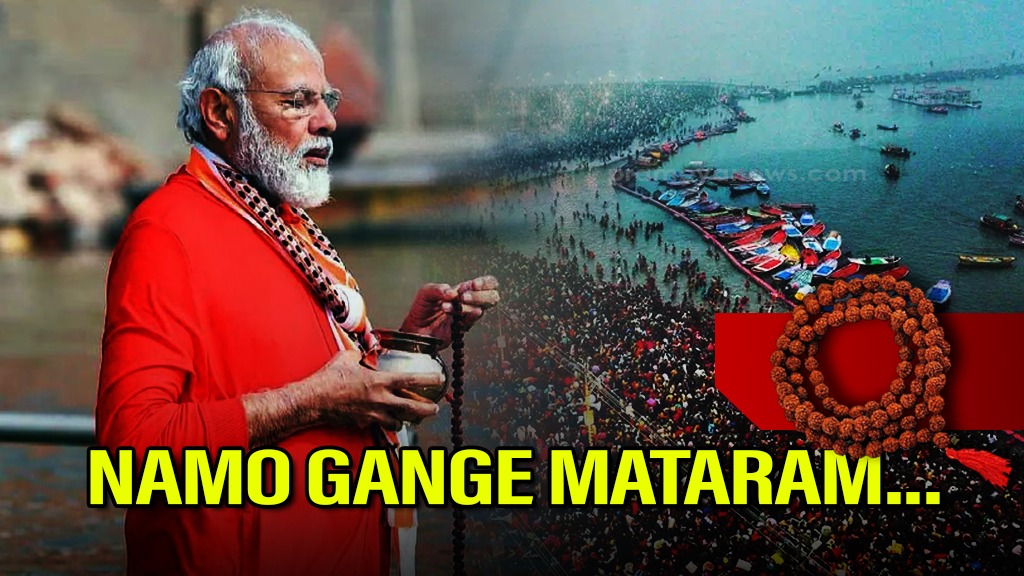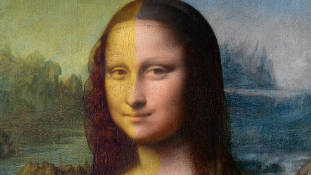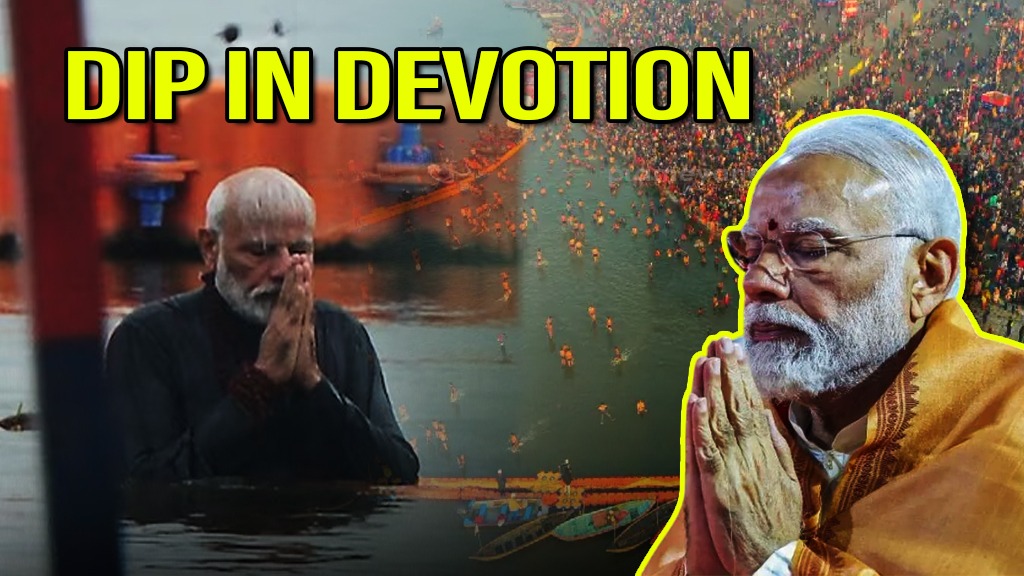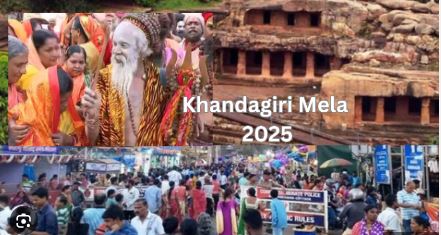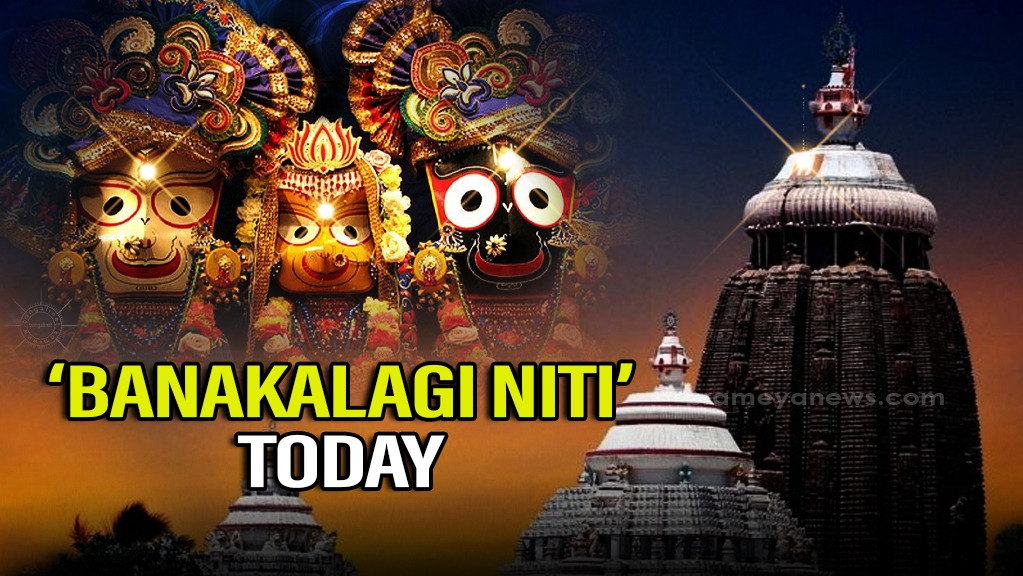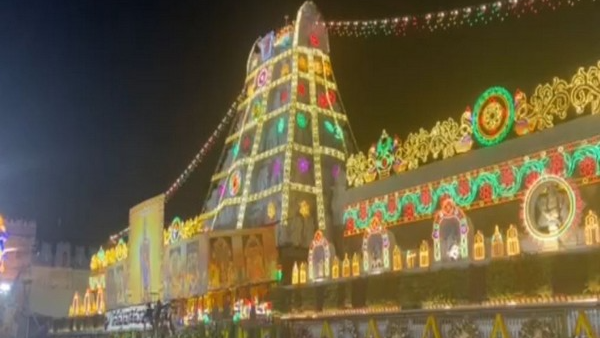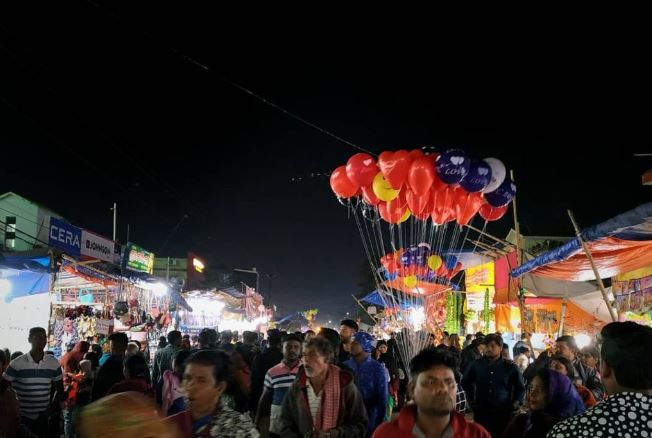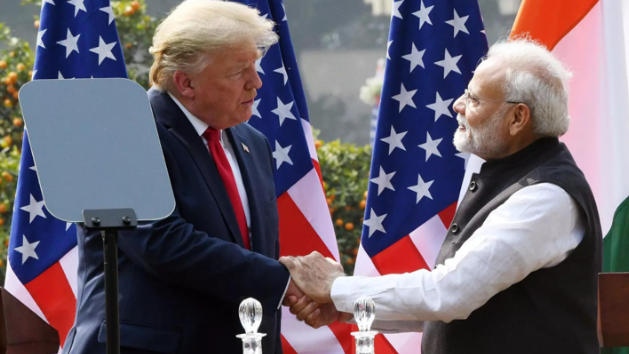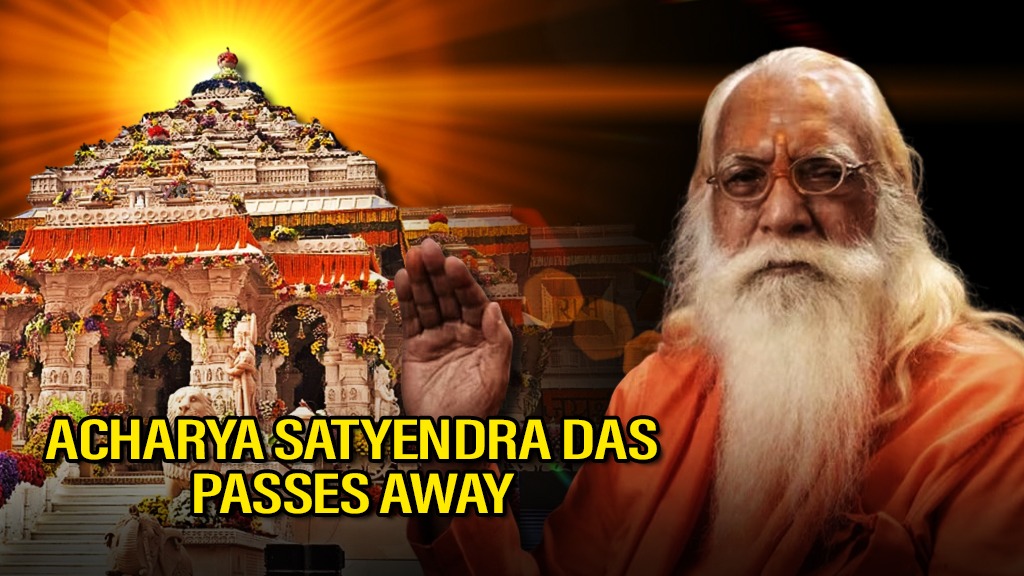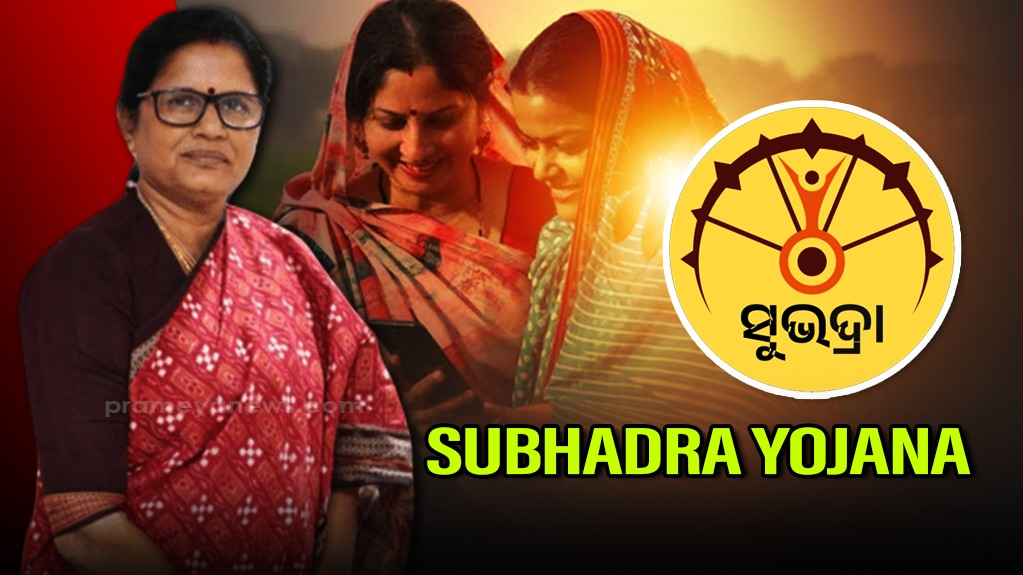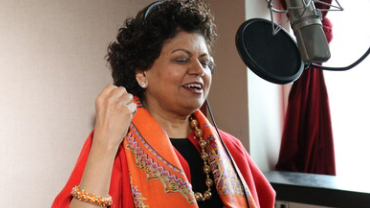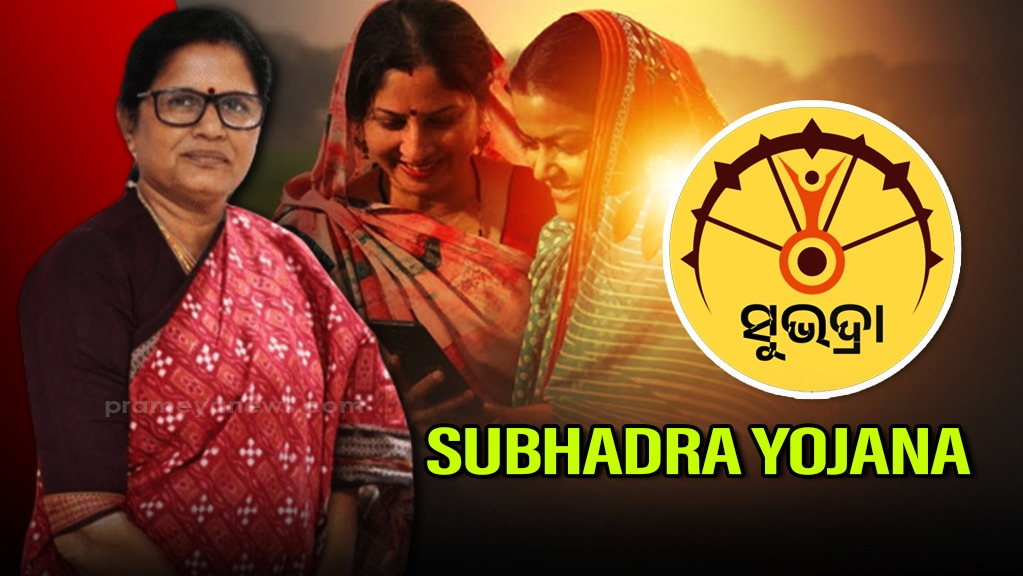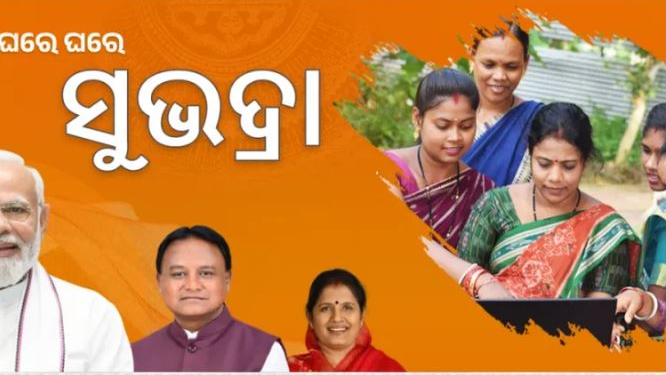Satyanarayan Mohapatra
Diwali, the festival of lights, illuminates not just homes and streets but also the rich tapestry of traditions and spiritual significance that define its essence. In Odisha, Diwali, or Deepavali, as it's often called, is a five-day celebration, each day imbued with unique rituals and stories drawn from ancient scriptures. Let's embark on a journey through these sacred days, exploring the customs and beliefs that make Diwali a truly special occasion in Odisha.
Day 1: Dhanteras (Dhanwantari Trayodashi) - welcoming prosperity
The festival commences with Dhanteras, a day dedicated to Lord Dhanvantari, the celestial healer who emerged from the churning of the ocean bearing the nectar of immortality. In Odisha, families traditionally welcome prosperity by purchasing brass utensils, a unique custom that sets it apart from other regions where gold or silver is favored. This preference for brass reflects a deep-rooted connection to the state's rich artisanal heritage and the belief that this metal possesses auspicious qualities. As the sun sets, earthen diyas are lit at the entrance of homes, symbolizing the dispelling of darkness and ignorance, inviting divine blessings for the year ahead.
Day 2: Naraka Chaturdashi (Choti Diwali) - triumph over darkness
The second day commemorates Lord Krishna's victory over the demon Narakasura, symbolizing the triumph of good over evil. In Odisha, this day is known as Choti Diwali, a prelude to the main festivities. Devotees purify themselves with an oil bath, a symbolic cleansing ritual that prepares them for the spiritual observances to come. As dusk descends, homes are illuminated with diyas, casting a warm glow that represents the victory of light over darkness. Families gather to prepare traditional pithas (rice cakes), offering them to the deities and sharing them with loved ones, celebrating the joy and abundance that follow the defeat of evil.
Day 3: Lakshmi Puja (Diwali) - invoking abundance
The heart of Diwali arrives on the third day with Lakshmi Puja. Goddess Lakshmi, the embodiment of wealth and prosperity, is believed to visit homes that are clean, pure, and illuminated. In Odisha, this day coincides with Kartik Amavasya, the new moon day, amplifying its spiritual significance. Many families also perform Kali Puja, honoring the goddess of strength and protection, seeking her blessings to ward off negativity and misfortune. Homes are adorned with flickering diyas, their warm glow inviting Lakshmi's blessings of abundance and prosperity.
Day 4: Bali Pratipada (Govardhan Puja) - celebrating gratitude and nature's bounty
The fourth day honors King Bali, whose piety and devotion earned him a boon from Lord Vishnu. This day symbolizes Bali's annual return to Earth, a reminder of his benevolent rule and the importance of humility and generosity. In some regions of Odisha, devotees also celebrate Govardhan Puja, commemorating Lord Krishna's protection of the villagers of Gokul from torrential rains by lifting Mount Govardhan. This act symbolizes the interconnectedness of humans and nature, and the divine protection that shelters us from harm. Devotees create miniature mountains of food, known as "Annakut," representing gratitude for nature's abundance and the blessings bestowed upon them.
Day 5: Bada Diwali (Bhai Dooj) - strengthening sibling bonds
The final day of Diwali, known as Bhai Dooj or Yama Dwitiya, celebrates the sacred bond between siblings. Sisters perform aarti for their brothers, applying a tilak to their foreheads and offering prayers for their long life and well-being. This tradition, rooted in ancient scriptures, underscores the importance of familial ties and the enduring strength of sibling relationships. Brothers, in return, offer gifts and blessings to their sisters, reaffirming their love and support.
Diwali in Odisha is a tapestry woven with threads of devotion, tradition, and cultural richness. Each of the five days offers a unique opportunity to connect with the divine, celebrate the triumph of good over evil, and strengthen the bonds of family and community. As the lamps illuminate homes and hearts, may the spirit of Diwali bring joy, prosperity, and harmony to all.
DISCLAIMER: This brief synthesizes information from various public sources and offers the author's own insights and analysis on the subject matter.






